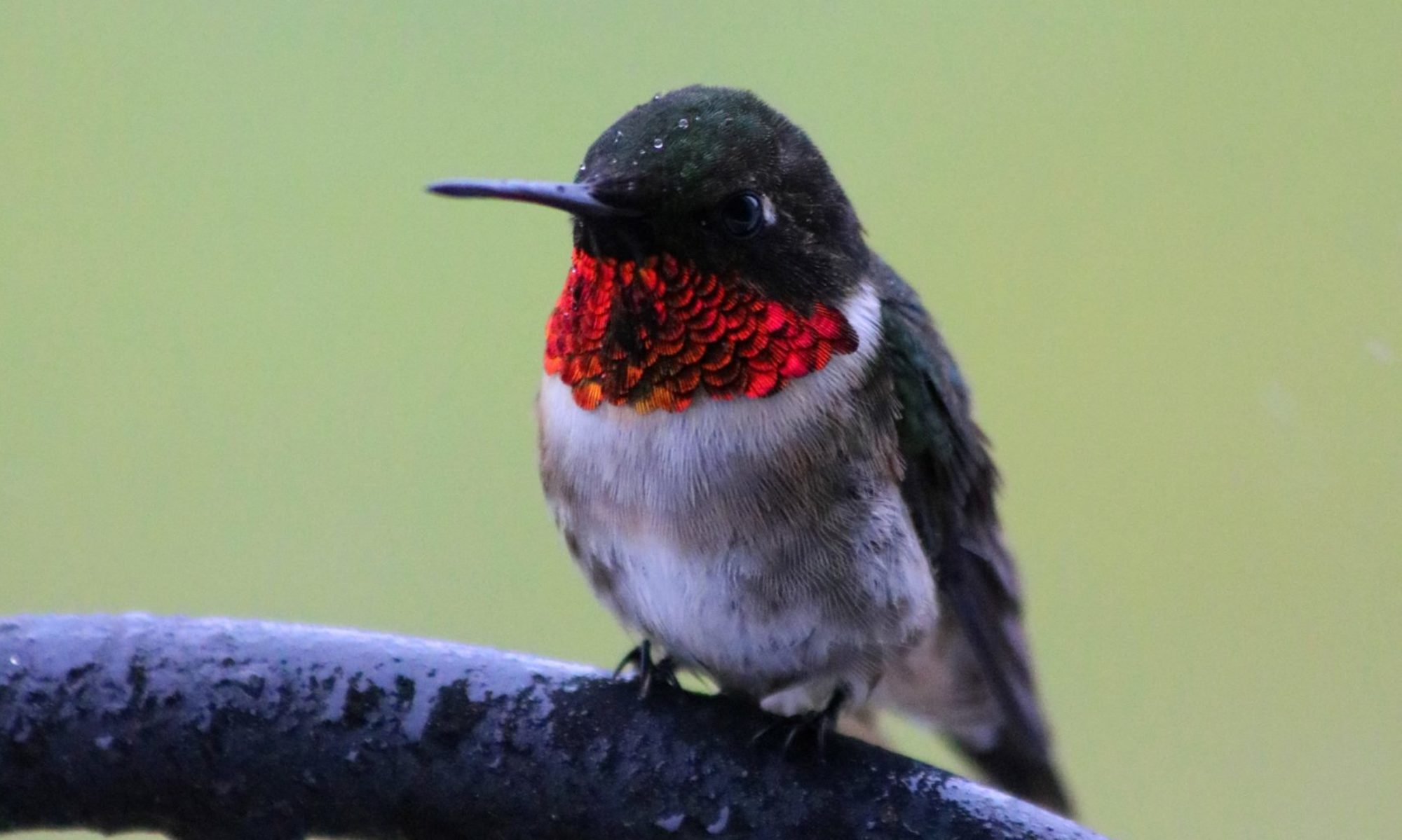Katie Davis
The screaming, blaming, throwing, hitting, it always seemed to come out of nowhere. Some days we were happy; some days we could barely be under the same roof. It was always my fault. Somehow everything that happened: things breaking, chores undone, house unclean, unsaid tasks ignored.
I never knew why, but Mom was always angry, I knew that. I started to draw my own conclusions the older I got: there was —resentment, I stood for her failed marriage, she always wanted a perfect kid, I reminded her of herself and him, and oh how she hated herself and him. The anger always came at night—after a long day’s work, after my laziness—sometimes she was only angry, and my mom disappeared into the rage.
So much of my childhood was lost to the fire that consumed my mother in these moments, so much I’ve willed myself to forget—if I clung to these moments I would resent her the same way she always resented me; I won’t allow that for myself; I can’t resent both parents. If I resented both of them, I would be too much of an artist cliché. My life has been a senseless mural, splashes of color from different things, but most of these, moments of rage, a streak of black, like that painter tried to cover whatever mistake was there.
The first moment of the rage that isn’t a black streak was when I was almost 3 years old, my infant sister can’t be placed in this moment, I like to pretend the one-month-old was sleeping soundly on the second floor, while I cowered in the bathroom downstairs, tucked between the toilet and the bathtub. “I’m leaving. You can deal with this on your own.” The words echoed inside me, my first recognizable moment of fear, glowing buttons of a phone blurred through the tears, shaky fingers dialing 911, a fear of what would happen to the baby if the fingers hit call. What power would a two-year-old have to protect the baby if mom was gone too? The police would separate-us. Dad was already gone. Protect, protect,wait. The waiting felt like forever, the tears never stopped falling, the hands never stopped shaking, the baby–miraculously–must have never stopped sleeping. Eventually Mom had to have come back home.
The streaks of black become thicker after that, no real memories of my sister growing up, of my grandma before she passed, of my father when-when he came to see us of my friends, of myself. The streaks are thick and heavy on my life. Only glimpses of things exist for most of it. A shaky hand holding a knife for protection, taunted to use it. A shaky voice yelling they’ll call CPS, taunted they won’t be believed. A shaky teenager pumping with teenage anger, pulled by-my hair underneath the Christmas tree. All of the shaking was mine, but I don’t remember the spark to the rage, or the resolution. It’s always what the rage does or says that sticks, never what I did to cause it, never what I did to run from it.
Another moment exists with clarity, the longest one besides the time she threatened to leave me with a newborn. My mom loomed over me on the porch, her tongue hurling senseless insults, her screams cutting through my heart-, hand clenching an unseen plate, legs shaking with rage, face turning red, blaming me once again.
The orange plate exploded in front of me, exposing their unpainted ceramic insides—it was like a new world created by malice-laced action, the whites of the inside- danced like the stars against the dark evening ground, and I stood there while another plate exploded, this one white. The second one created more stars, while the waters of their new worlds seemed to pour down my cheeks. The shaky breaths I drew would be their winds, the dirt from the sidewalk they lay on their ground, the flinching their earthquakes, the screams from the rage their thunder. Only our porch light was on, it was a populated street, the neighbors always prying, but when a teenager had plates pitched at them as a fear tactic, not a single eye or ear could see what occurred.
Instead it was me, alone, who had to face the rage. I had to stand there, my cheek burning in the shape of her hand, the familiar prayer that it would bruise just once—then I wouldn’t have to tell people, they would just see and help. It becomes black again, I must have been allowed inside, it must have not bruised. My heart aches every time I think of my moments with the rage, even when survival instinct is activated, when all I could dream about was my own death to free me. But I couldn’t leave. At risk of something happening to the sweet little one-year-old that was always tucked away somewhere. At risk of the rage hunting me down. I had to stay, make sure the baby grew up safely, make sure I grew up. Now here I am, my mural finally in color again. There isn’t anything coated in black anymore. I exist in a way that is continually making sure I’m not another home to the rage. Make sure I don’t sling hurtful things at people I care about thoughtlessly. Keeping my anger inside — handling it, seeing if it’s real or just a misplaced emotion. It’s hard, but I won’t subject anyone else to the rage.
